Conference Preview: Join Us This Week in DC
IAPHS StaffWe’re packing and getting ready to join population health colleagues across disciplines for our annual conference, “Pushing the Boundaries of Population Health Science: Social Inequalities, Biological Processes, and Policy Implications,” October 3-5, 2018,at the National Academies of Sciences Building, 2101 Constitution Avenue Northwest, Washington DC.
Leaders, emerging leaders, and scholars everywhere in between have opportunities to take part in a special joint symposium with the NASEM Roundtable on Population Health Improvement, one-to-one meetings with funders, poster sessions, panels, keynotes, and plenaries around three main themes: social inequalities, biological process, and policy.
Wednesday’s symposium opens with moderator Robert Hummer and speakers David Williams and Eileen Crimmins discussing the high stakes for population health in the U.S. Later, Alison Aiello and Josh Sharfstein moderate sessions on evidence and finding common ground among policy and the science, respectively. Sessions on genetics, immigration policy, opioids, life course, racism, and trauma round out the afternoon.
Thursday you can take in a keynote on biosocial linkages, training pop health scientists, socioeconomic status, disparities, methods in LGB populations, and data linkages in adolescent health. In the afternoon, we look at the microbiome’s relationship to population health, education, home environment modifications, and using evidence to inform policy. The afternoon’s keynote: “Political Economy and Population Health in the American States.”
Finally on Friday, we open with our membership meeting at 8 am, then our third keynote on technological innovations and population health followed by a panel organized by David Kindig, “Looking Forward: A Population Research and Policy Agenda.” Many sessions follow throughout the day: income support, tax, and labor policy; digital connectivity and skills; police contact; housing; sexual minorities; physiological stress during adolescence; mortality; NIH goals and challenges; network analysis; agent-based modeling; the digital revolution; epigenetics; the Zika virus; debt; cannabis; social stratification; and aligning systems.
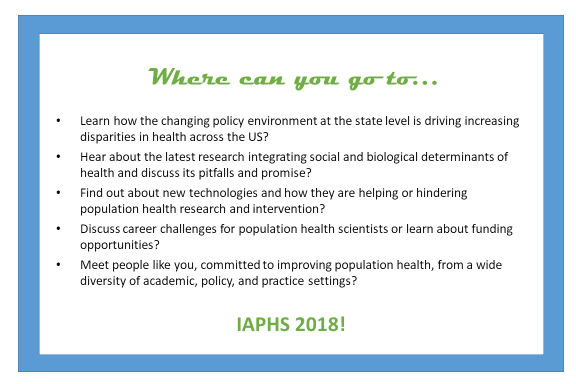
Onsite registration is available through October 5. If you’d like to register for the October 3 symposium, which is also available by webcast, you can visit here.
The 2018 conference is supported by the Robert Wood Johnson Foundation, the National Academy of Medicine Roundtable for Population Health Improvement, the Department of Health Policy and Management at George Washington University, RWJF Health Policy Research Scholars Program, Institute of Behavioral Science, University of Colorado, Colorado University Population Center, Public Health National Center for Innovations, and the Public Health Accreditation Board (PHAB).

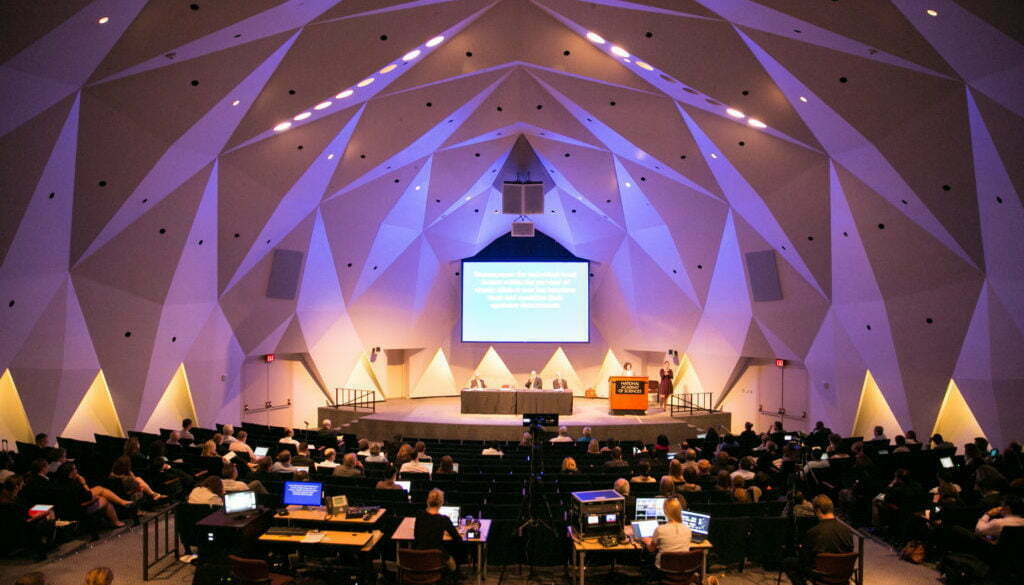
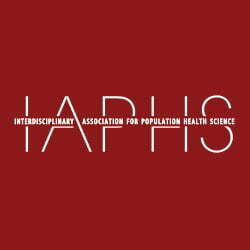
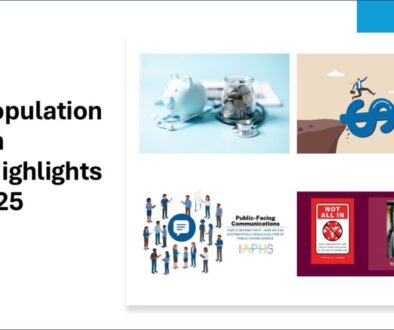

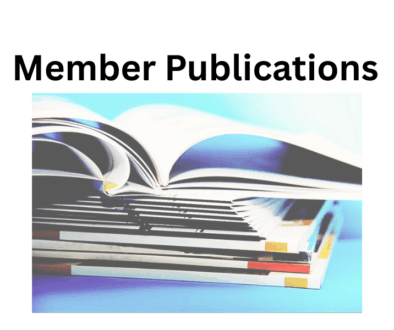
All comments will be reviewed and posted if substantive and of general interest to IAPHS readers.